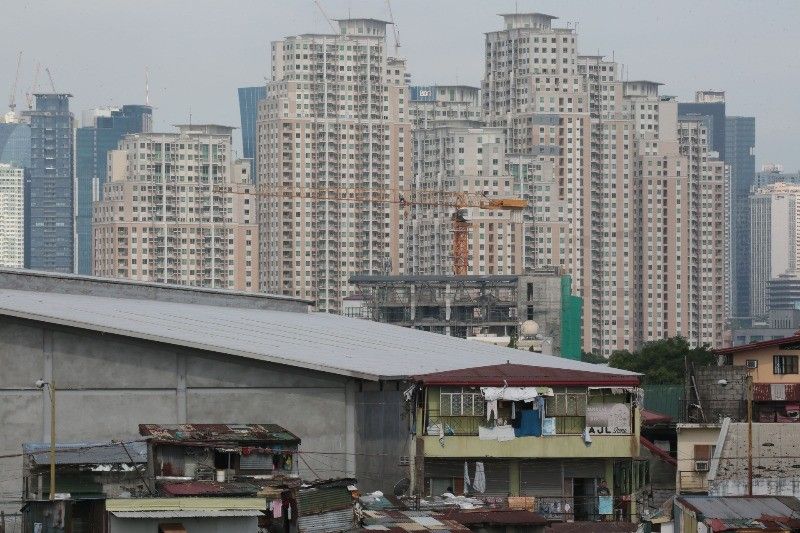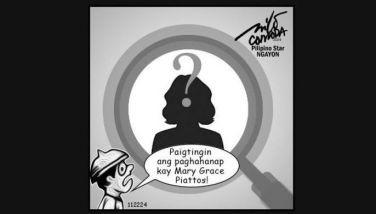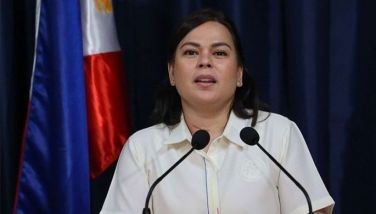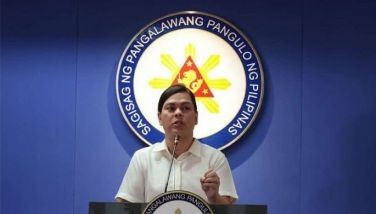Philippine business climate improving but progress remains slow — US report

MANILA, Philippines — Overall business climate in the Philippines continued to improve last year but the country made little progress in addressing chronic problems that turn investors off, including corruption, the US State Department said.
In its 2020 Investment Climate Statement for the Philippines, the State Department said the "biggest highlight" for the Philippines was the decision of global debt watcher S&P to give the Philippines a triple B plus investment grade, the country's highest credit rating to date.
But despite having access to cheaper financing, thanks to its hard-earned credit ratings, corruption and the Philippines' protectionist constitution that limits foreign ownersip in major industries to 40% continue to cripple investment inflows in the country, in what Washington considers as "constraints" that it repeatedly flags in its annual investment reports.
"Foreign ownership limitations in many sectors of the economy constrain investments," the State Department said.
"Poor infrastructure, high power costs, slow broadband connections, regulatory inconsistencies, and corruption are major disincentives to investment," it added.
The Department of Trade and Industry did not respond to a request for comment as of reporting.
Last year, foreign direct investment (FDI) pledges approved by the country’s ecozones, whose key attraction are tax holidays and other perks, hit a record-high of $7.65 billion, more than doubled from 2018’s $3.60 billion, data from the Philippine Statistics Agency (PSA) showed. While pledges may or may not translate to actual inflows in the future, they serve as vital gauge of investor sentiment.
However, actual FDI, which is separately tracked by the Bangko Sentral ng Pilipinas on a net basis, posted a net inflow of $7.6 billion last year, 23.1% lower than a year earlier. Based on the US government's estimates, the Philippines ranked fifth out of ten Southeast Asian countries in terms of FDI in 2019 and the State Department said this is not surprising at all.
"The Philippines’ complex, slow, and sometimes corrupt judicial system inhibits the timely and fair resolution of commercial disputes. Investors often describe the business registration process as slow and burdensome," the US agency said.
"Traffic in major cities and congestion in the ports remain a regular cost of business," it added.
Improvements may be slow but Washington said the Philippines continues to address investor concerns. In its report, the State Department welcomed the more-relaxed Foreign Investment Negative List issued by President Rodrigo Duterte in late 2018, although it noted that the updated list remains "limited in scope" since several restrictions are set by the Constitution and would require legislative action to be lifted.
The State Department likewise hailed the release of the implementing rules and regulations for The Ease of Doing Business Act, which seeks to cut excessive government red tape.
"While the Philippine bureaucracy can be slow and opaque in its processes, the business environment is notably better within the special economic zones," the report added.
- Latest
- Trending



























